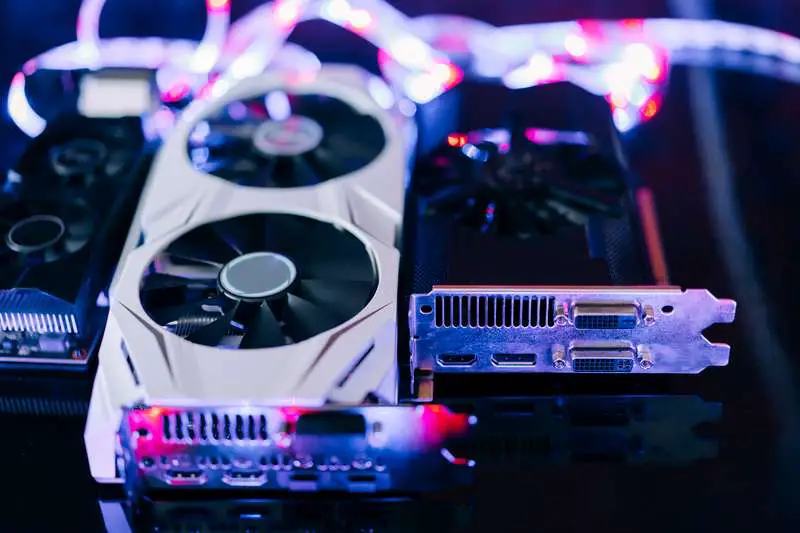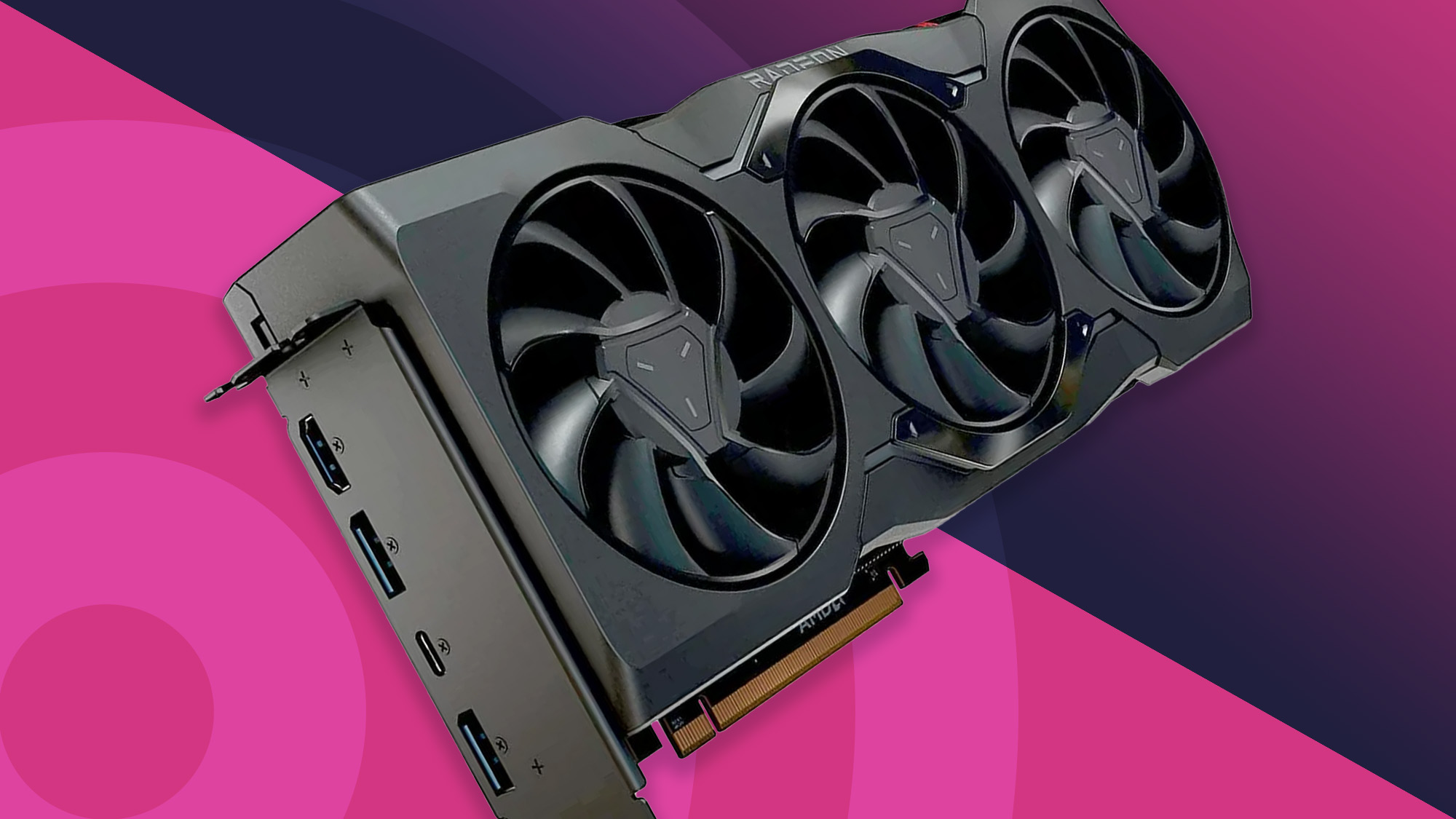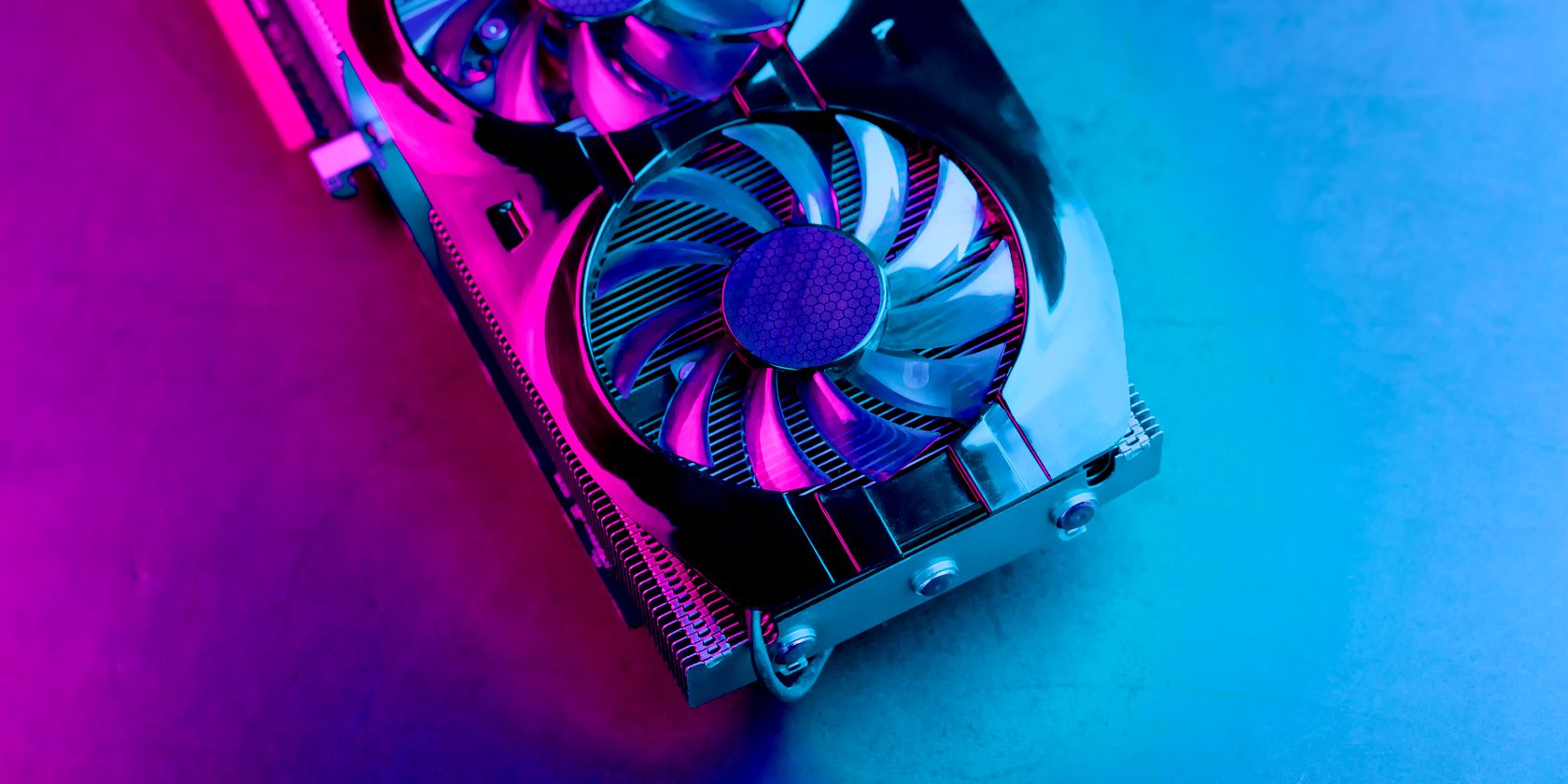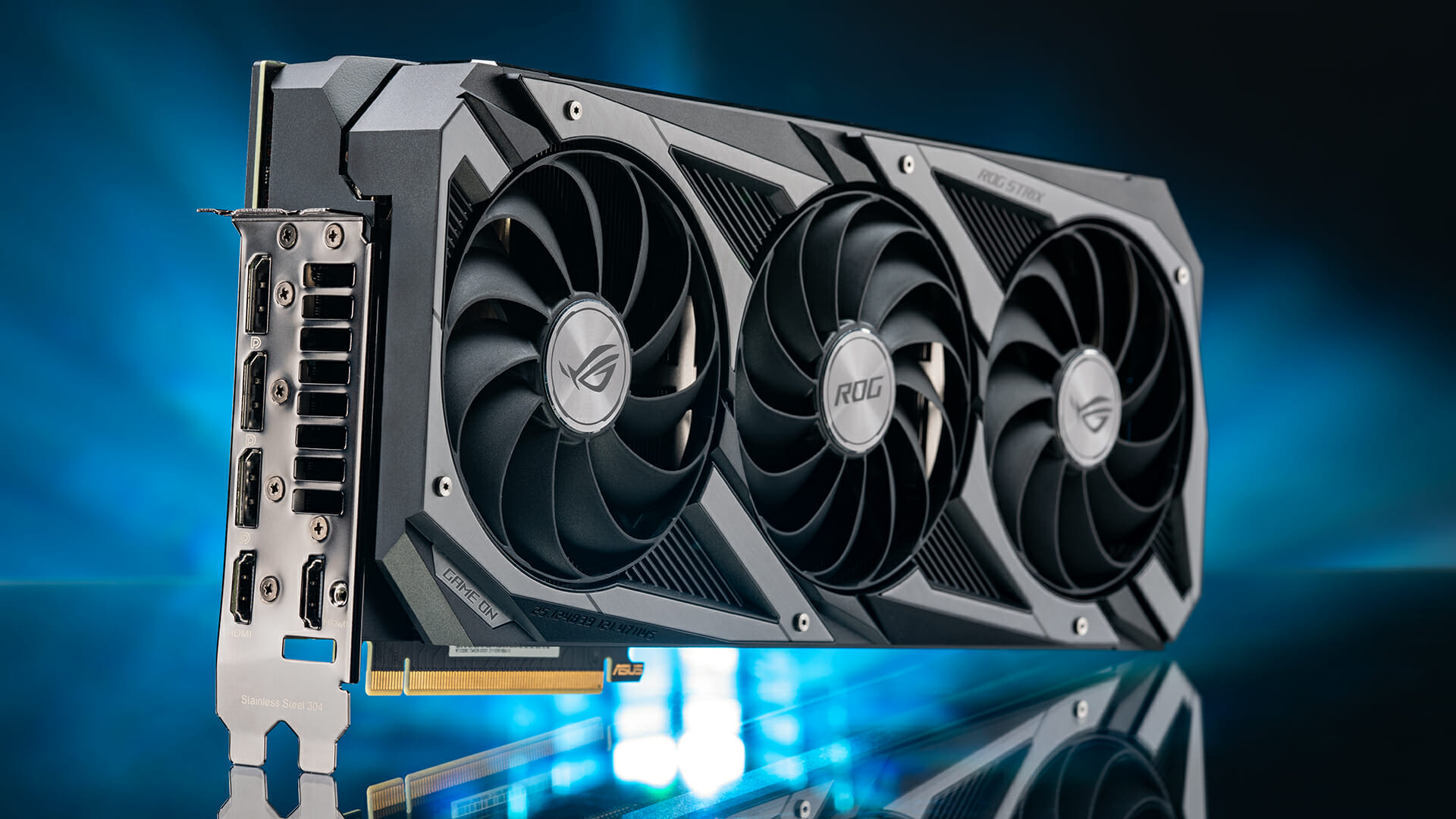Does Graphics Card Matter For Watching Movies
In an era dominated by streaming services and high-resolution content, the question of whether a dedicated graphics card (GPU) is essential for movie watching has become increasingly pertinent. Many consumers, bombarded with marketing hype surrounding gaming GPUs, find themselves wondering if the investment is necessary for simple video playback.
The debate centers on the processing power required to decode and display video. A powerful GPU is undoubtedly crucial for demanding tasks like gaming and video editing, but its necessity for merely watching movies remains a subject of considerable discussion.
The Nut Graf: Decoding the Requirements
Essentially, whether or not a graphics card significantly impacts your movie-watching experience depends on several factors: the resolution of the video, the video codec used, and the capabilities of your CPU's integrated graphics. While a dedicated GPU can offer advantages, modern CPUs often possess sufficient integrated graphics to handle standard streaming and playback tasks without a noticeable performance difference.
Integrated Graphics vs. Dedicated GPUs: A Head-to-Head
Modern CPUs come equipped with integrated graphics processors (iGPUs). These iGPUs have improved drastically over the years and are capable of handling most common video codecs like H.264 and VP9, the formats widely used by streaming platforms like Netflix, YouTube, and Amazon Prime Video.
For 1080p and even some 4K content, a modern iGPU is often sufficient. However, dedicated GPUs shine when dealing with higher resolutions, more demanding codecs (like AV1, which is becoming increasingly common), and situations where you're multitasking while watching a movie.
A dedicated GPU offloads the video decoding process from the CPU, freeing up processing power for other tasks. This can lead to smoother playback, especially if you're simultaneously running other applications.
The Role of Video Codecs and Resolution
The video codec plays a critical role in determining the processing power required for playback. Older codecs like MPEG-2 are relatively undemanding and can be handled even by older hardware.
Newer codecs like H.265 (HEVC) and AV1 offer better compression, meaning smaller file sizes and higher quality video at the same bitrate, but they also require more processing power to decode. As 4K and 8K content become more prevalent, the demand for efficient decoding capabilities will continue to rise.
According to NVIDIA's official website, their GPUs are designed to accelerate the decoding of various codecs, which can be especially beneficial for high-resolution content. Furthermore, Intel has been consistently improving the integrated graphics on their CPUs to provide adequate support for modern video codecs.
When a Dedicated GPU Makes a Difference
There are specific scenarios where a dedicated GPU provides a tangible benefit for movie watching. Firstly, if you're using an older computer with a weak CPU and integrated graphics, a dedicated GPU can significantly improve playback performance.
Secondly, if you're watching 4K or 8K content, especially encoded with demanding codecs like AV1, a dedicated GPU can ensure smoother playback and reduce CPU load. Thirdly, if you're using multiple monitors or engaging in other graphically intensive tasks while watching a movie, a dedicated GPU can prevent stuttering and frame drops.
Finally, certain video players and streaming services offer features like upscaling and HDR processing, which can be significantly enhanced by a dedicated GPU's capabilities.
"The ability of the GPU to handle upscaling algorithms significantly impacts the perceived quality of the video," said Dr. Emily Carter, a professor of computer graphics at Stanford University.
The Verdict: Needs and Expectations
Ultimately, the necessity of a graphics card for movie watching depends on individual needs and expectations. For casual viewing of 1080p content on a modern computer, the integrated graphics in your CPU is likely sufficient.
However, if you're a cinephile who demands the highest possible image quality, watches a lot of 4K or 8K content, or frequently multitasks while watching movies, a dedicated GPU is a worthwhile investment.
Looking Ahead: The Future of Video Playback
As video resolutions and codecs continue to evolve, the demands on processing power will only increase. The adoption of AV1, for example, will likely push more users towards dedicated GPUs to ensure smooth playback.
Furthermore, advancements in AI-powered upscaling and image enhancement technologies will further leverage the capabilities of dedicated GPUs. The trend suggests a continued importance for GPUs in providing an optimal movie-watching experience, especially for those seeking the highest possible fidelity.
Therefore, while a powerful graphics card isn't always essential for watching movies today, it's likely to become increasingly important in the future.


















